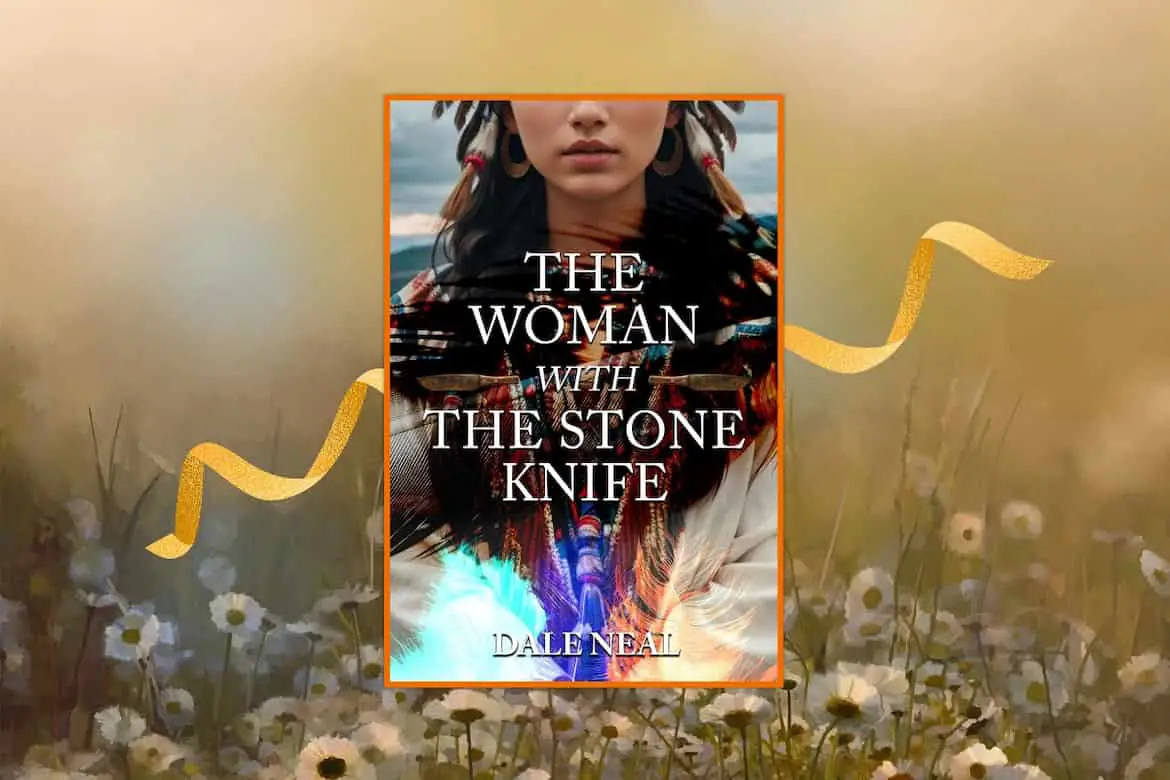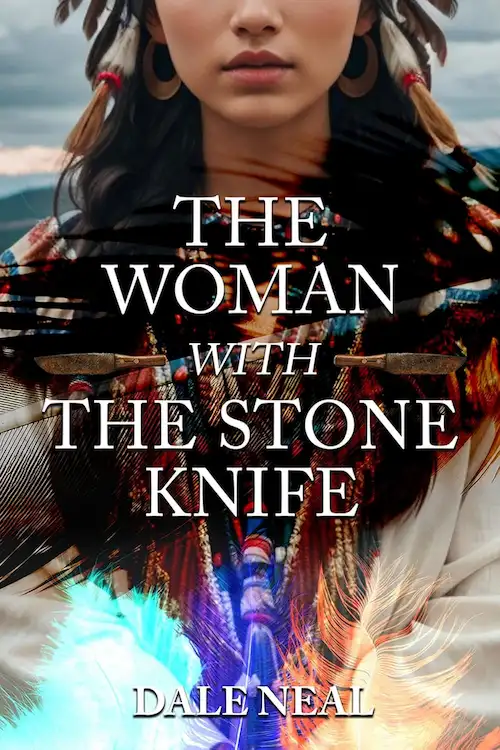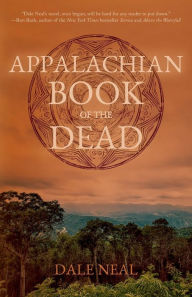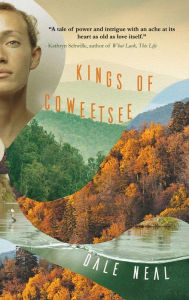In The Woman with the Stone Knife, Dale Neal invites us into a vibrant tapestry of identity and devotion that resonates deeply.
In This LitStack Review Of The Woman With The Stone Knife
Join us in this LitStack Review by Allie Coker as we dive into Neal’s evocative storytelling, and discover characters whose struggles and triumphs reflect our own, making this journey a shared experience.
The Woman With The Stone Knife by Dale Neal
Is she Skitty, Tsalagi-speaking Cherokee woman from Tomotley and daughter of the Chief known as Mankiller, or is she Helena Ostenaco Timberlake, member of London society, wife of British lieutenant Henry and mother to his only child? In Dale Neal’s newest novel, The Woman with the Stone Knife, he poses questions about identity and what it means to be a part of any culture, especially one that may not recognize you on your own terms. What takes us away from our homes and loved ones? And what is the price of survival?
The Real People
The Woman with the Stone Knife opens in London in 1786 with Skitty writing a letter to the son she left behind 20 years ago. Her husband, Lt. Henry Timberlake has already passed away and interspersed with paragraphs of the letter are snippets of his memoir for readers to assess. After being one of the first white men to see the Cherokee (also known as the Real People), Henry ends up escorting Chief Ostenaco to England in 1762 to help plead for the wars to stop.
Skitty, a mere teenager at the time of introduction, immediately falls for Henry and their nightly union turns her into a mother to be. Without knowledge of this pregnancy, Henry returns to Williamsburg after England and begins his long struggle of climbing out of debt by marrying a woman named Eleanor.
As years pass and the tensions grow among the tribe about what to do when the white man breaks their promises not to encroach on the Cherokee’s land, food, and people, a second delegation is decided upon. Chutatah, another member of the tribe, wants to speak with the King but needs Henry Timberlake to make it so. Without a strong command of English, Chutatah relies on a translator and Skitty volunteers to help enlist Timberlake once more.
Reluctant at first to leave the life he has started, Henry changes his mind upon hearing that Skitty has borne his only son, Richard, back in Tomotley. Getting back to England though, may be much simpler than Skitty returning home to her son.
Esse Quam Videri – To Be Rather Than to Seem
Written during his incarceration in debtor’s prison, a fate he did not escape literally or figuratively in the end, Henry’s account of his time among the Real People ends up being published as sensationalized reading for British readers who love his impressions of the “savages” but do not, in fact, love one walking among them, as Skitty soon finds out. This narrative is filled with both genuine disconnects across cultures as well as short-sighted interpretations that do not reflect the true reality of the Cherokee people.
There is also an ongoing theme in the narrative of blaming oneself for not affixing the “formulas” just right to prevent disaster. Certain words must be said, certain offerings made per Cherokee tradition. But there must have been a step skipped, otherwise, why would Skitty’s mother die of snakebite and Henry leave her side for Williamsburg? Skitty struggles to accept that ownership doesn’t apply in all situations which is part of what makes her character’s quest to return home during a double-decade duration so interesting. The reasons preventing her return are numerous, yet it’s only through Neal’s rendering of her growth that Skitty comes to realize the true reason for her long hiatus.
Knife of Stone, Nerves of Steel
Coming from a long line of warriors- a grandmother named Cat Walker for her ability to stare down a beast for miles without running away or being eaten and a father who never shied away from war – Skitty fears she lacks the knack for vengeful violence that is the law of her people.
“Blood for blood not wholesale slaughter,” Neal writes. Although she may not be capable of seeking such justice, Skitty navigates danger and negotiates fairness alongside survival in a manner that can only be described as brave, whether she recognizes it or not. She carries a stone knife her grandmother gifted her on her person the entire time she is in London as a reminder of her mission to kill the man she blames for her love’s demise.
Growing up, Skitty has a sneaking suspicion that she will feel dissatisfied with the tribe’s way of life.
The Real People didn’t know everything, there was another world, they said, across the waters I had never seen. I wanted another world—I’m ashamed to admit it, but I thought those thoughts. I wanted to see what lay beyond the Overhills.
Though she will meet with cruel forces and dire circumstances time and again, not everyone Skitty encounters in London treats her as a creature to be gawked at, abused, or dismissed. With a kindly patron at her side, and a few close confidants that also don’t strictly fit in with London society, she starts to fall for the newness of Britain and the adventure she always dreamed of.
His Words Will Land
“Words will fail you. Writers hurl their noiseless scribbles out into a void and wait breathlessly for universal applause,” Skitty notes. With his impeccable diction, crisp prose, and talent for characterization- each distinct personality fully realized- Dale Neal need not worry that his words won’t land. They last and will leave you thinking about Skitty and her story long after The Woman with the Stone Knife ends.
~ Allie Coker
About Dale Neal, Author of The Woman With The Stone Knife
Dale Neal is the author of Appalachian Book of the Dead and Kings of Coweetsee, shortlisted for the Thomas Wolfe Literary Award; Cow Across America, winner of the Novello Literary Award; and The Half-Life of Home. His short stories and essays have appeared in Our State, Smoky Mountain Living, North Carolina Literary Review, Carolina Quarterly, and elsewhere. He earned an MFA in creative writing at Warren Wilson College. A former longtime journalist with the Asheville Citizen-Times, he lives in Asheville.
You can find and follow Dale Neal on his website, on Facebook, Instagram, and X.pic
Other Titles by Dale Neal
Other LitStack Resources
Be sure and look at our other LitStack Reviews for our recommendations on books you should read, including reviews by Lauren Alwan, Allie Coker, Rylie Fong, and Sharon Browning.
Also read Allie Coker’s review of Dale Neal’s Kings of Coweetsee here.
And don’t forget to check our LitStack Recs!
As a Bookshop, Malaprop’s, BAM, Barnes & Noble, Audiobooks.com, Amazon, and Envato affiliate, LitStack may earn a commission at no cost to you when you purchase products through our affiliate links.
You can find and buy the books we recommend at the LitStack Bookshop on our list of LitStack Recs.








